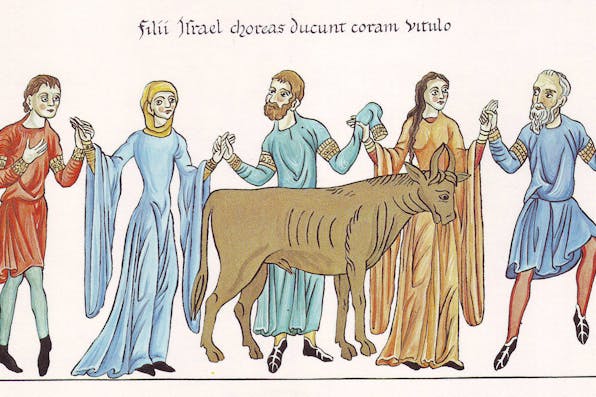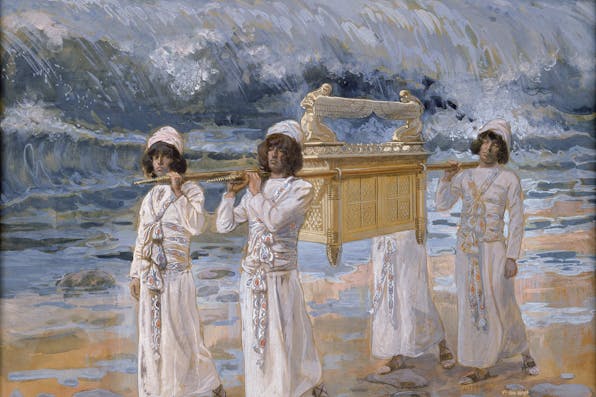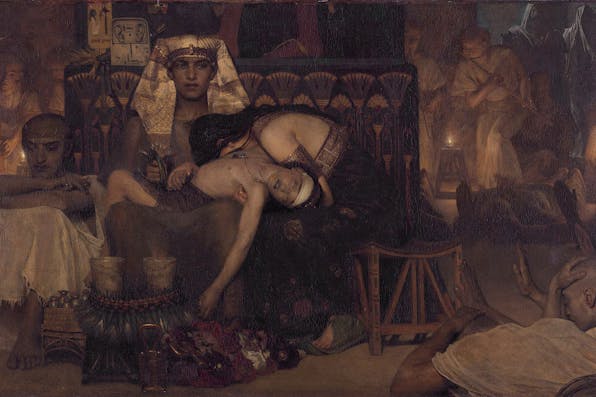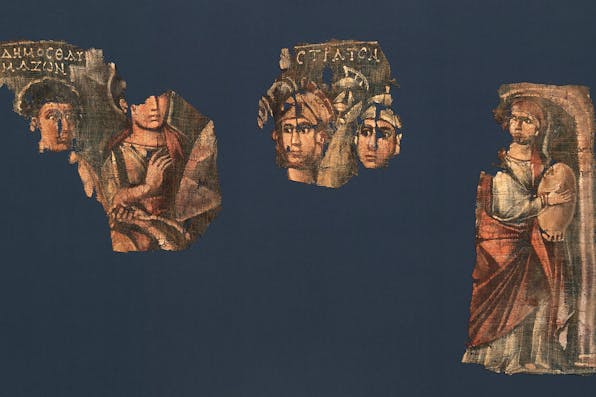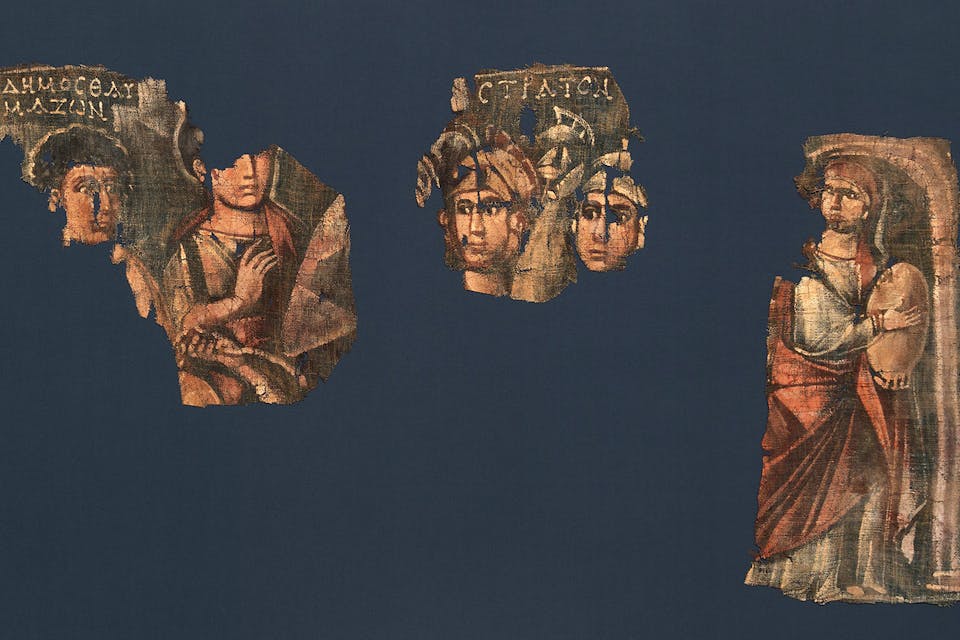
April 29, 2020
There’s No Need to Feel Sorry for God (or for Leon Kass)
He is still full of hope, and so—in replying to those who would misunderstand me and my method of reading the Bible—am I.
I am very grateful to Hillel Halkin, Jon Levenson, and Ronna Burger for taking time and trouble, especially in these terrible days, to comment on my essay “The People-Forming Passover,” excerpted (with small modifications) from my forthcoming book, Founding God’s Nation: Reading Exodus. These three vastly different responses remind me again of the truth of Kass’s First Maxim, formulated years ago: what A says about B says much more about A than it does about B. Lest you think I believe myself immune to such projecting distortions, I invite you to keep my maxim in mind as you read my replies.
My friend and fellow octagenarian Hillel Halkin is honest enough to suspect that it is his own unrelieved disappointment in mankind’s folly and wickedness that may lie behind his most peculiar response to my essay. Provoked by my upbeat account (I thank him for praising it) of how God initiates the soon-to-be-liberated Israelite slaves into an elevated way of life aspiring to righteousness and holiness, Halkin is moved—weirdly, in my view—to feel sorry for God. The story of the human race, says Halkin, is one of failure after failure: “We never learn. We never will.”
Halkin is not content with his misanthropic picture of human history. He faults God for the same failure as His creatures: God also never learns, and it seems He never will. The tragedy, says Halkin, is that God’s disappointments in man all come from His foolish optimism, from repeatedly placing too much hope in the educability of human beings.
